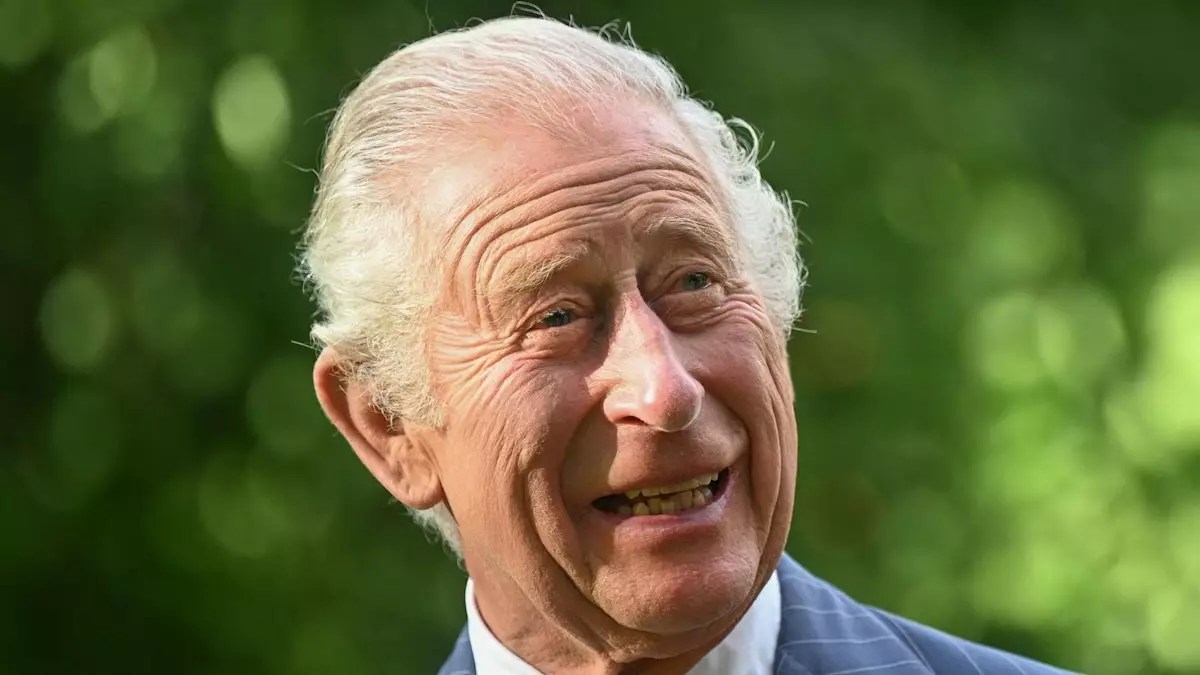King Charles has consistently distinguished himself from traditional royal expectations by embracing environmental causes with remarkable foresight and courage. Long before climate activism became mainstream, Charles was not content merely to observe the damage humanity was inflicting on the planet—he sought to act. This approach was not without its detractors and dismissive critics, yet his unwavering commitment has placed him at the forefront of a global movement toward sustainability and ecological respect.
His departure from conventional norms was perhaps most evident in his pioneering adoption of organic farming at Highgrove House in Gloucestershire. While organic farming is widely accepted today, Charles’s early advocacy for minimizing antibiotics and harmful chemicals in agriculture was once considered radical and even foolish. When he voiced concerns about antibiotic overuse potentially breeding resistance, many labeled him as out of touch, yet time has dramatically vindicated his stance. Organic farming has since become a standard practice, showcasing how visionary ideas can eventually reshape society’s values despite initial ridicule.
Innovative Environmental Practices within the Royal Estates
King Charles’s commitment to sustainability extends beyond lofty speeches; it is embedded within the very fabric of his private estates. His environmentally progressive initiatives at Highgrove House, including pioneering the use of reed-bed sewage treatment systems, were initially mocked but have since gained respect as effective eco-friendly technologies. His efforts to enhance sustainable practices continue with his management of Sandringham estate, maintaining organic farming and reducing environmental footprints through innovation and care.
Further illustrating his dedication, Charles modernized his personal transportation in ways that promote green energy alternatives. Upgrading his classic Aston Martin to run on biofuels derived from English white wine and cheese production leftovers exemplifies his inventive approach to sustainability. More recently, his adoption of an electric BMW with a notable 341-mile range signals his continued pursuit of reducing carbon emissions, even within royal traditions long steeped in grandeur and convention.
Communicating the Natural World’s Intricacies
Beyond practical changes, King Charles has championed a profound philosophical shift in our relationship with nature. His belief in “talking” to plants and trees, once met with amusement and skepticism, highlights his unique perspective on interconnectivity within the natural world. Although initially dismissed as eccentric, recent scientific discoveries affirm many of his intuitions about plant communication and cooperation.
This alignment between Charles’s views and emerging science underscores a broader narrative: his ideas often precede mainstream understanding but eventually invite respect and adoption. His advocacy for listening to the environment is not merely poetic—it reflects a deep-seated conviction that humans must acknowledge the complex dynamics of ecosystems to foster coexistence rather than exploitation.
A Reluctant Forecaster of Environmental Challenges
King Charles’s environmental message has been consistent for decades, even when political and public opinion did not align with his urgency. From cautioning about plastic pollution in the early 1980s to advocating for systemic reductions in food waste, his early warnings were largely ignored or ridiculed by many who found them inconvenient or alarmist.
Yet his persistence offers a template for how leadership on critical issues requires resilience in the face of opposition. His environmental advocacy reveals that genuine pioneers must withstand dismissal until evidence catches up, proving the validity of their concerns. Charles’s legacy in this arena thus transcends mere royal engagement—it demonstrates the power of persistence and conviction in championing planetary health.
A Commitment That Inspires Beyond the Throne
King Charles has shown that leadership demands more than ceremonial duties. His environmental initiatives blend tradition with innovation, demonstrating that long-held customs can evolve to meet modern challenges. His forward-thinking environmental stewardship encourages reflection on how institutions and individuals alike can embrace sustainability without abandoning identity or heritage.
Despite the early skepticism he faced, Charles’s environmental foresight has positioned him as a crucial voice in the ongoing dialogue about humanity’s responsibility to the Earth. Far from adhering blindly to convention, his proactive engagement with the environment offers a powerful example of how visionary leadership might help reshape society’s impact on the natural world—often, and importantly, by daring to be different.


Leave a Reply